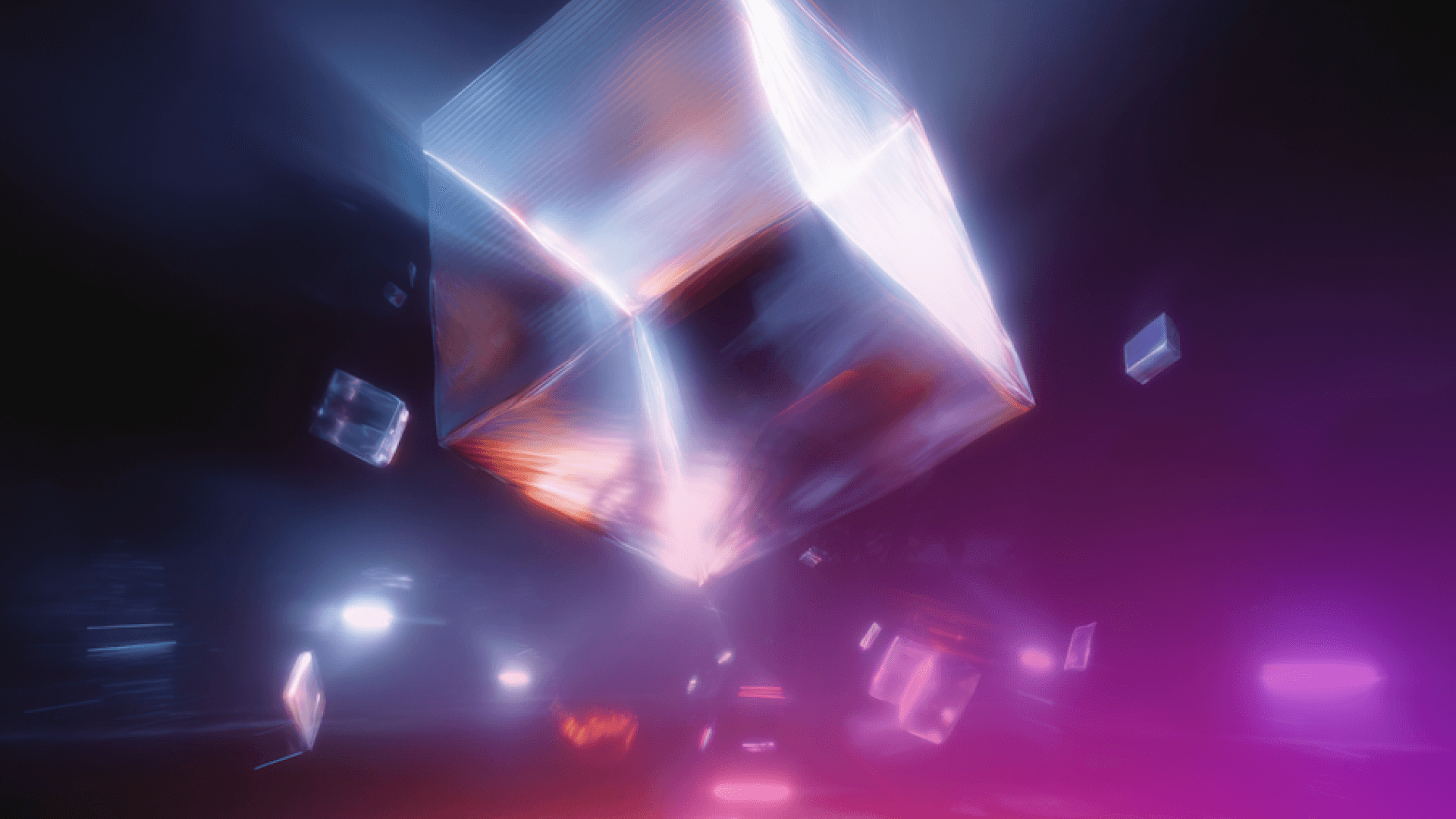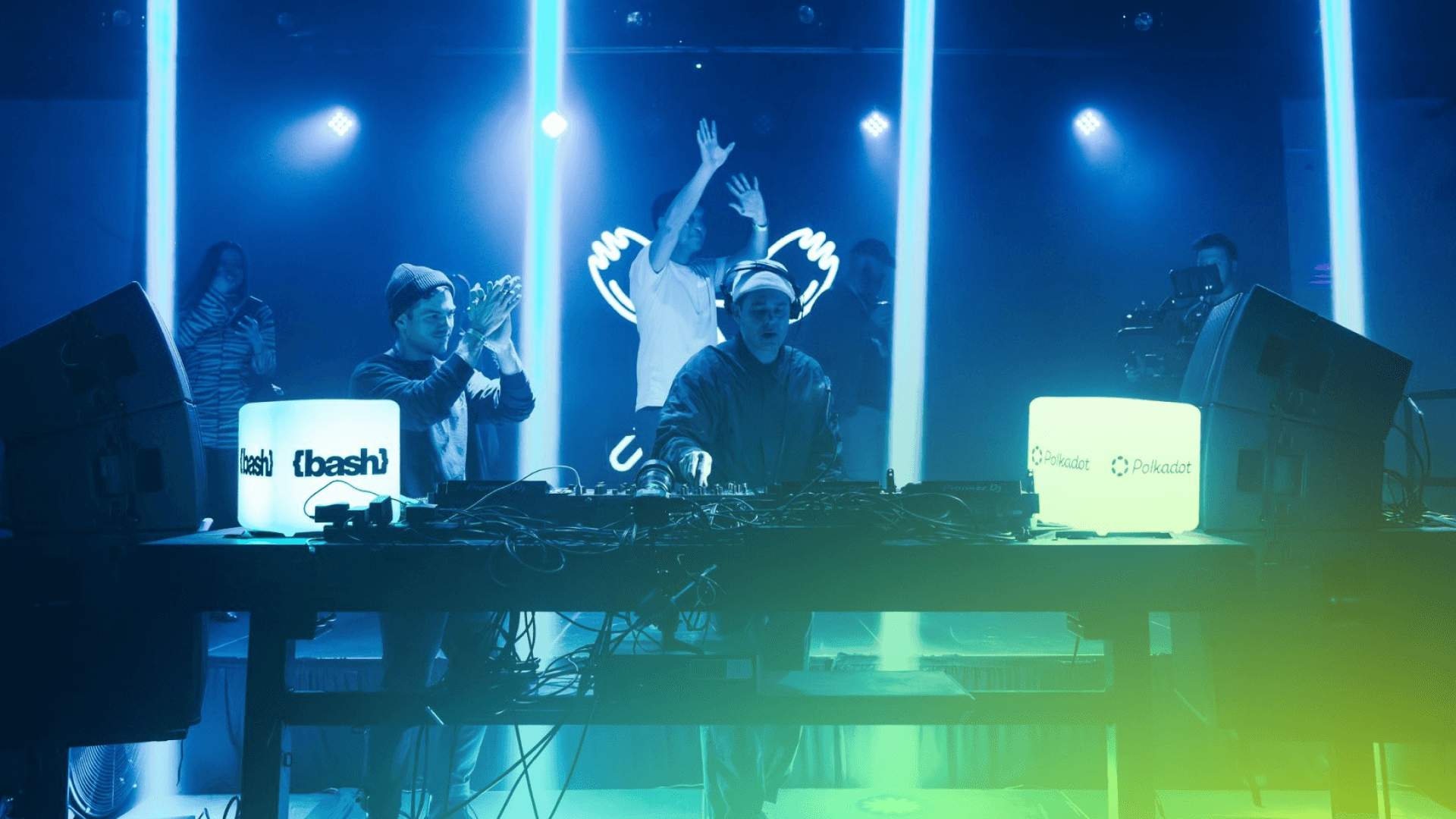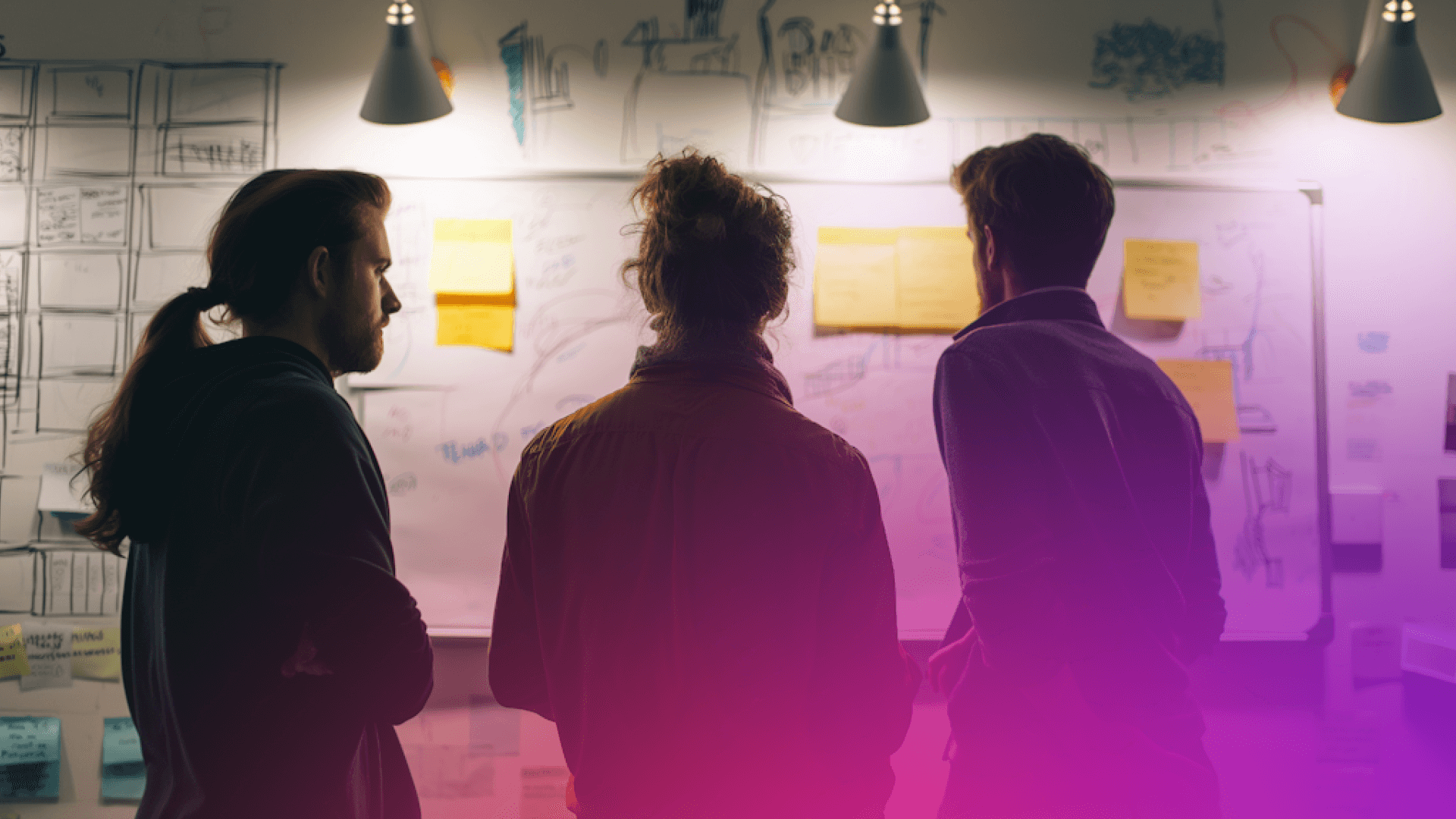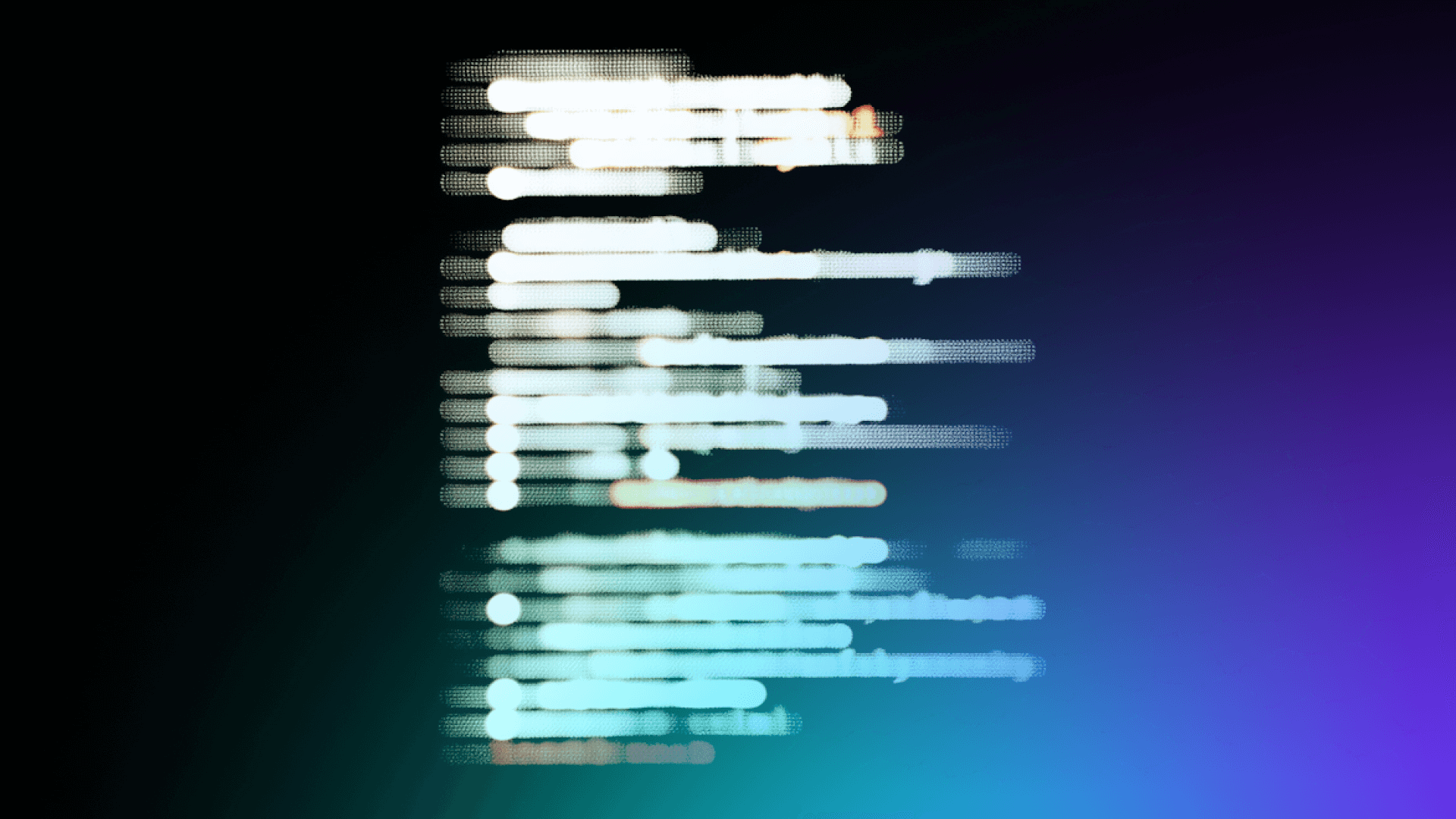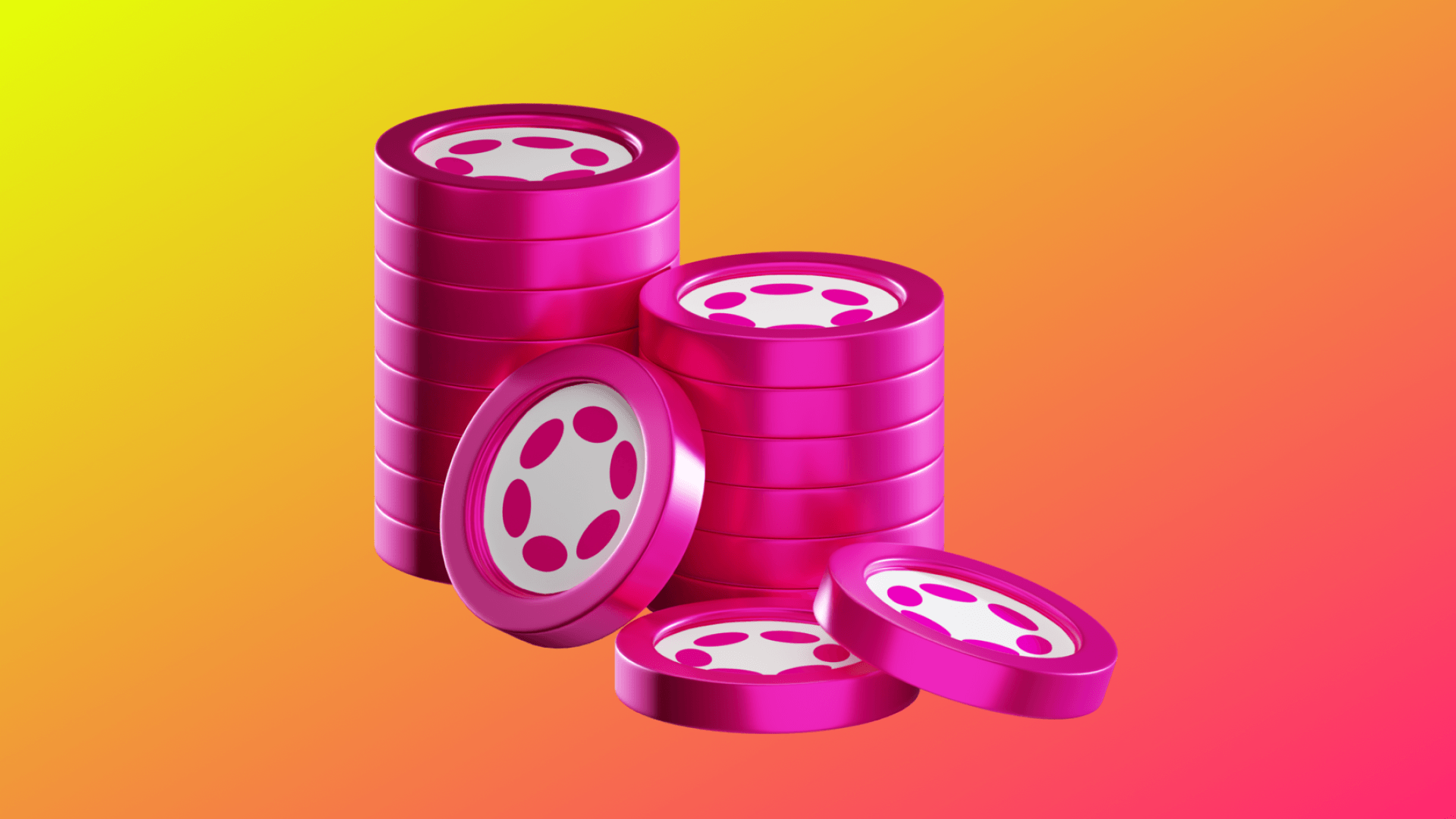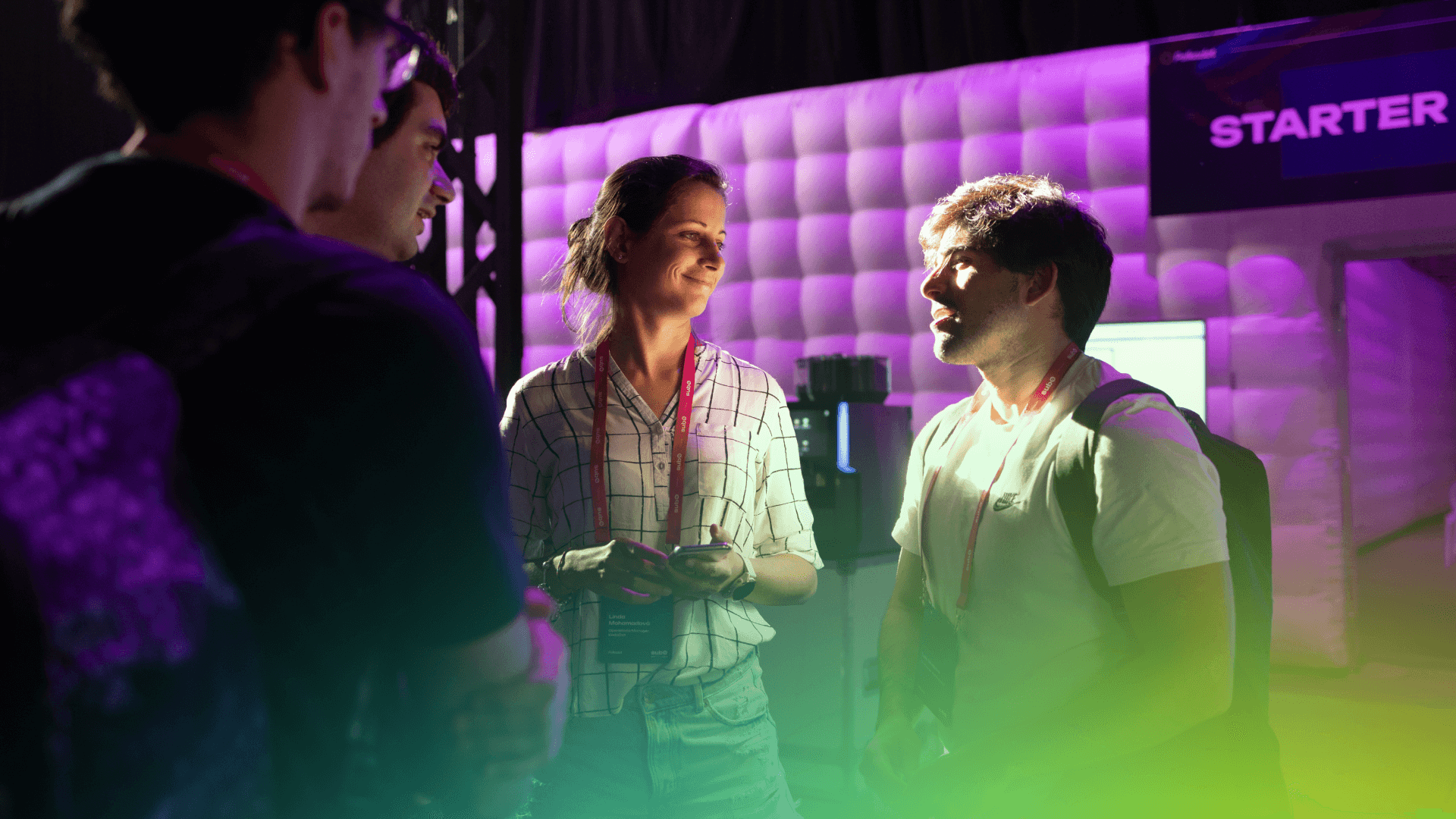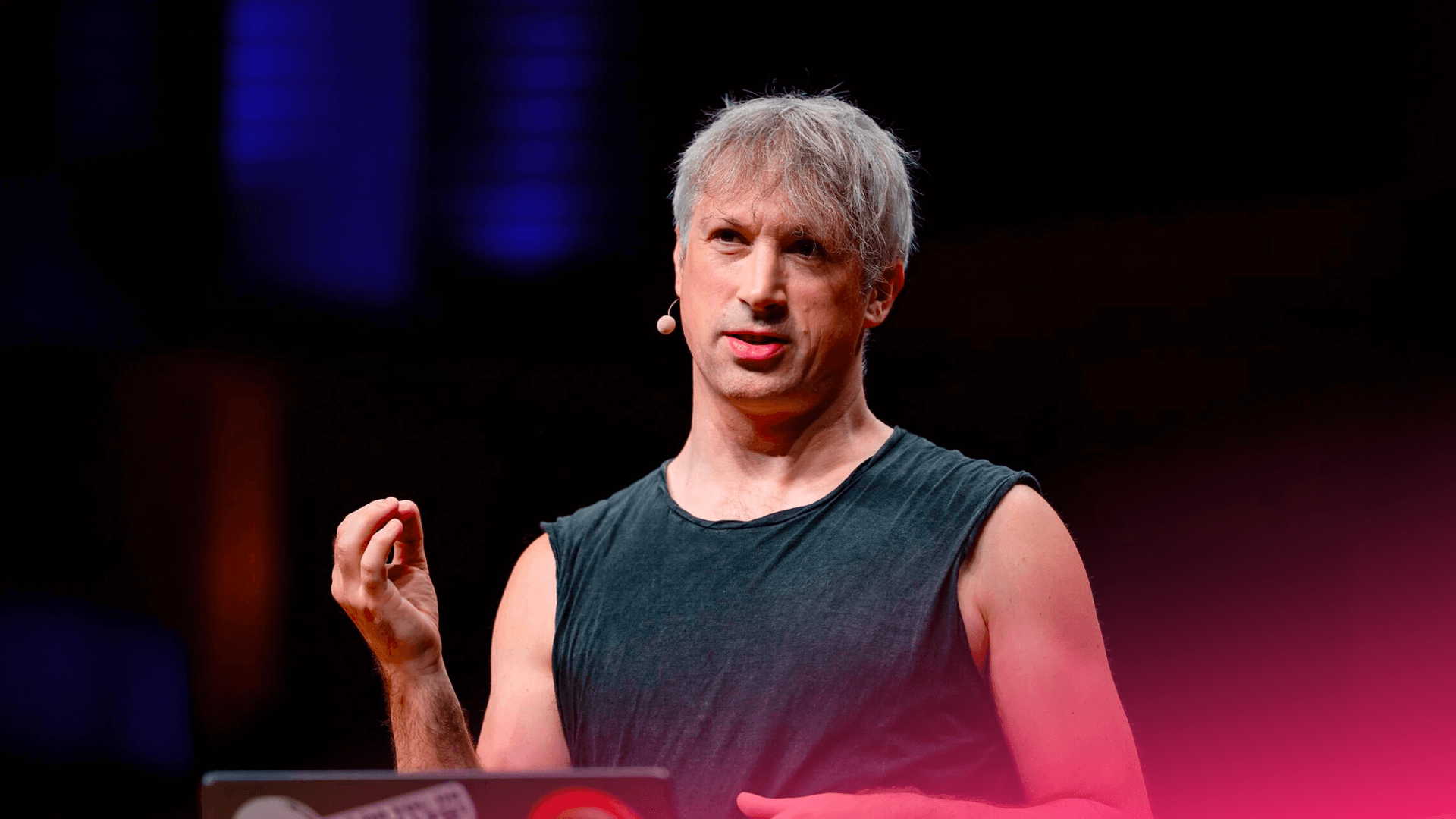The Blockspace at Permissionless: How gaming is bridging the gap in Web3
From gaming demos to investor brunches and DAO-funded creativity, The Blockspace brought a fresh, hands-on energy to Permissionless 2025. Here's how Polkadot made blockchain feel real.
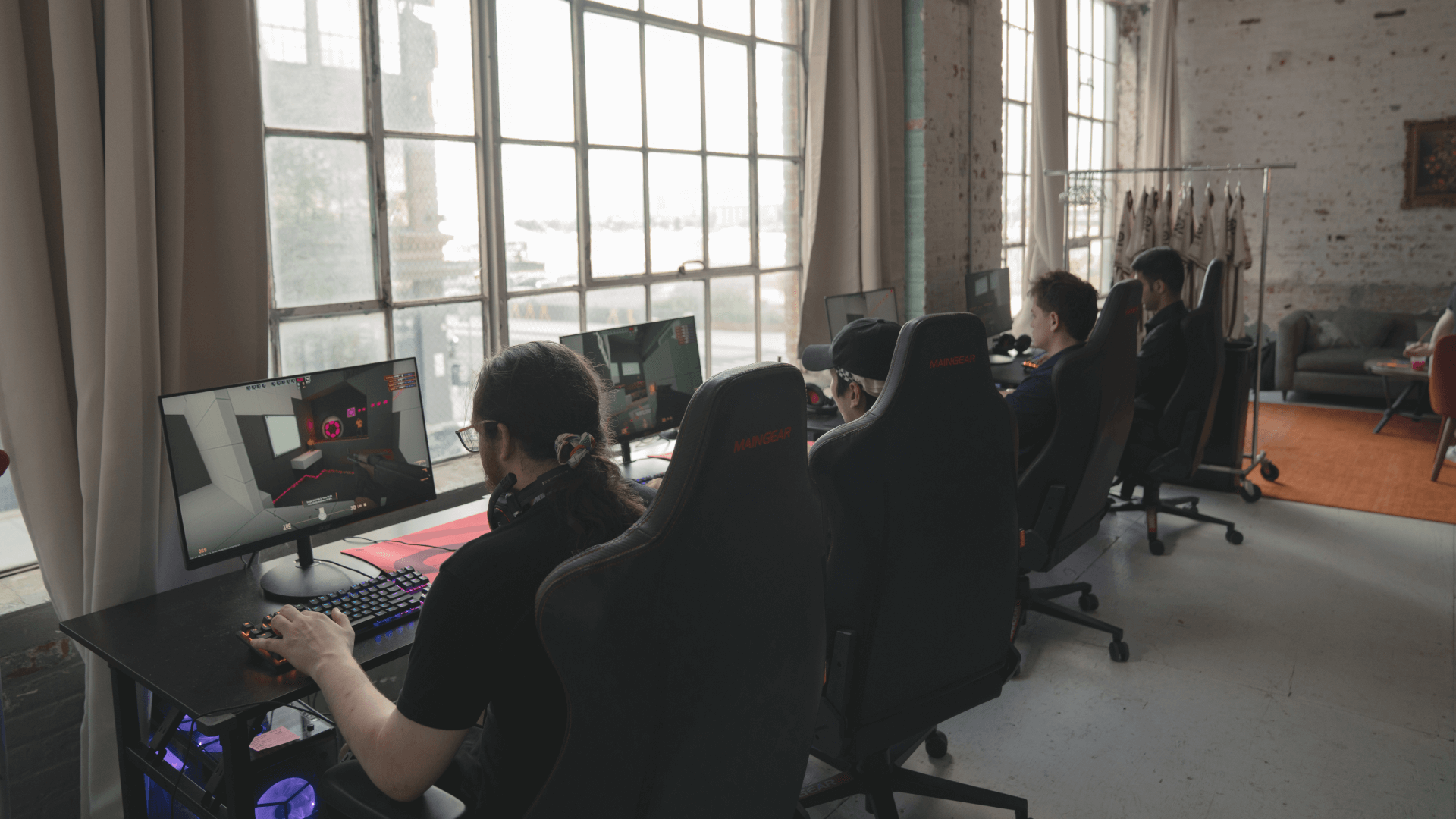
What you can expect
- How the event made Web3 tangible
- Gaming Day on Polkadot
- Consumer Day and the mainstream conversation
- Community-led events are the future
During Permissionless IV, two Polkadot ecosystem teams—WebZero and Distractive—brought a new kind of experience to life that didn’t feel like your usual crypto side event. Powered by Polkadot, for four days The Blockspace in Brooklyn offered a community-first space to explore the ideas shaping crypto today.
Made possible by the Polkadot DAO, the space was designed to bring Polkadot’s infrastructure to life through participation that welcomed founders, investors, creatives, journalists, and the crypto curious. From spontaneous conversations to structured activities, the space provided a slower, more grounded entry point into themes and topics trending across the week during Permissionless and NFT NYC.
Making Web3 tangible at The Blockspace
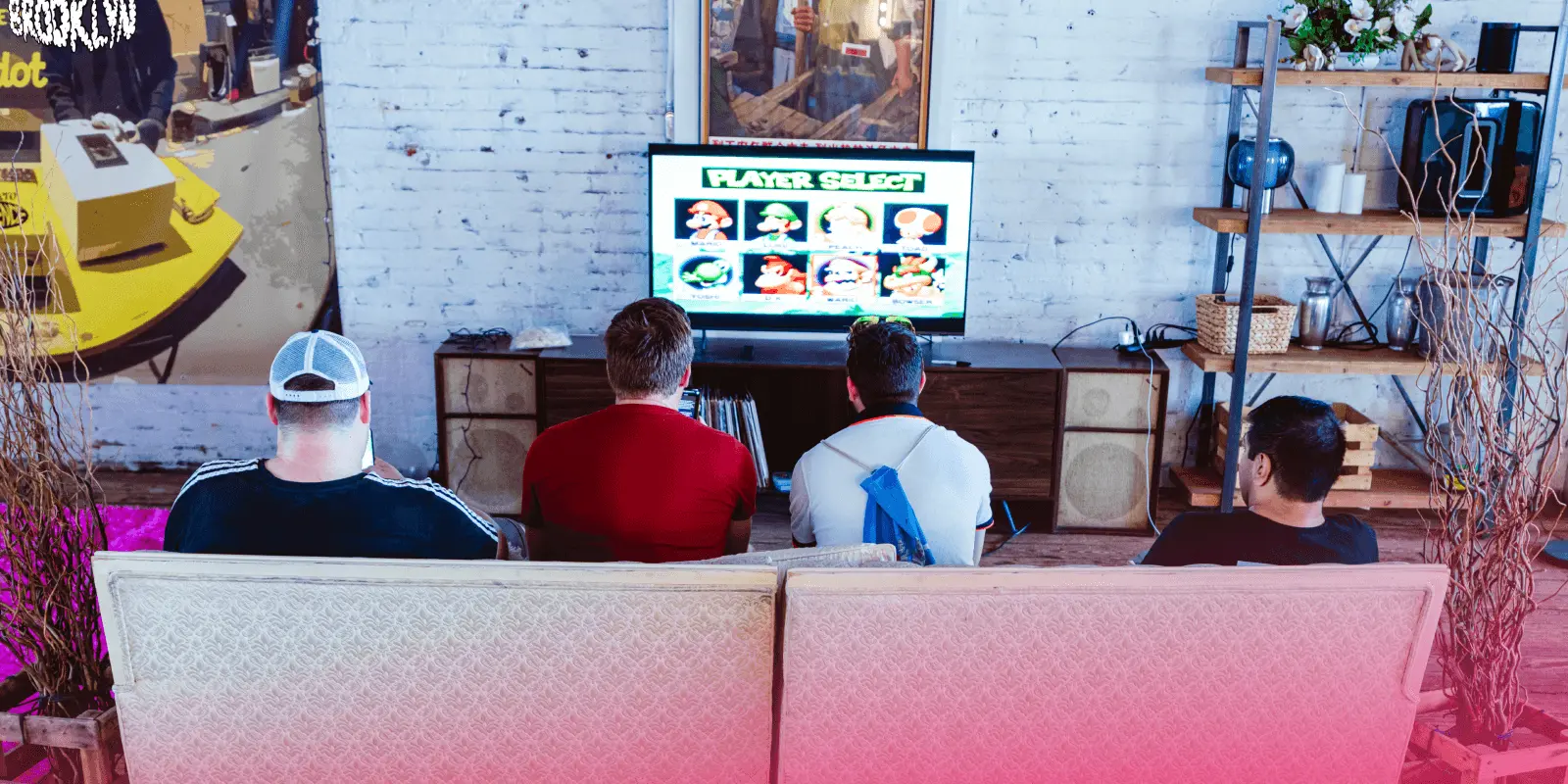
Themes like decentralized AI, stablecoins, DePIN, and real-world asset tokenization took over conference stages and networking events throughout the week. At The Blockspace, those ideas became tangible. Conversations felt practical, and hands-on activities made blockchain infrastructure easier to grasp. Instead of debating what might be possible, people explored what already works and how to make it better.
Gaming Day on Polkadot
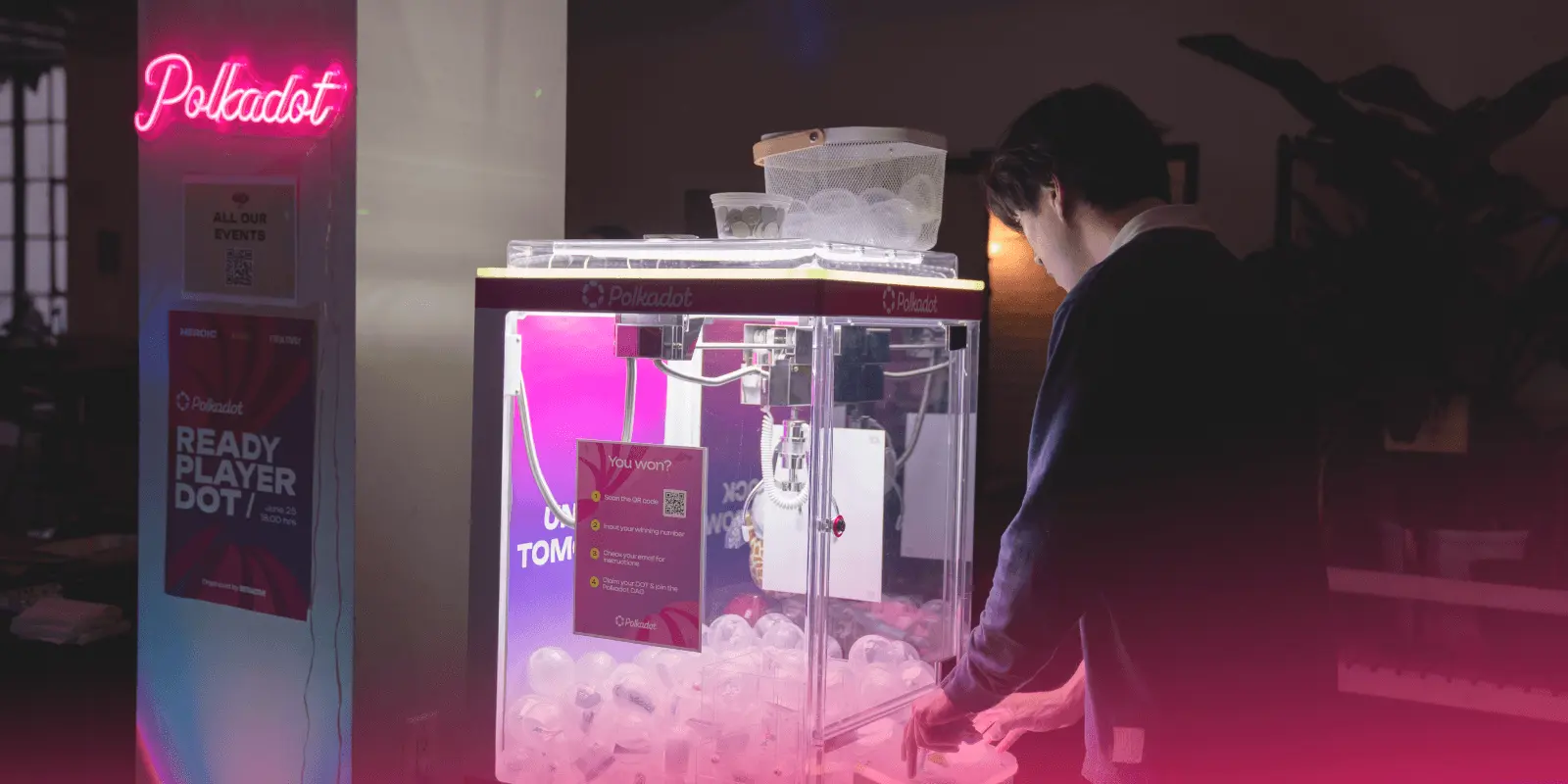
The highlight of the week featured a full day focused on gaming on Polkadot. The activation included a live Counter-Strike demo with HEROIC, a press and investors brunch for discussions with Mythical Games, Magenta Labs, Pop Dot Play, and others rethinking player-owned economies in the ecosystem.
The day wrapped with a Pudgy Penguins party that brought together gamers, NFT collectors, and complete newcomers to participate in the ecosystem. One attendee captured it perfectly, "I've been to a lot of Web3 events, but this is the first time it didn't feel overwhelmingly crypto focused." That's the point. Gaming became the bridge that made complex blockchain ideas feel tangible and relevant.
Consumer Day and the mainstream conversation
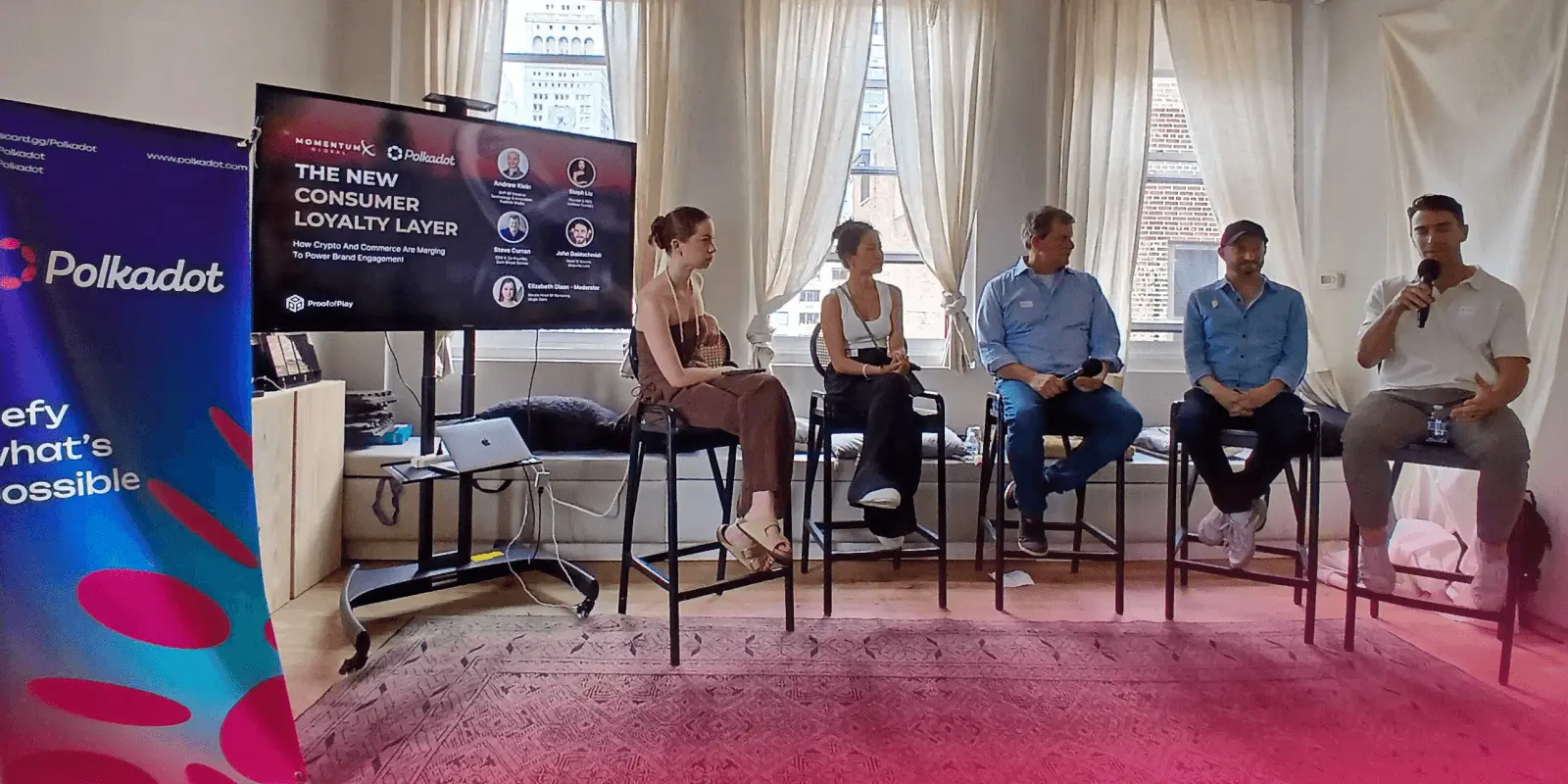
Later that week, Polkadot co-hosted Consumer Day with MomentumX Global and Magenta Labs. This was a different format entirely, with high-value, fast-paced panels with leaders from Sports Illustrated, Magic Eden, DraftKings, and Live Nation discussing how Web3 can actually serve everyday people.
The contrast was intentional and valuable. Consumer Day operated at the strategic level, with executives and decision-makers mapping out how major brands might integrate crypto technologies. Conversations moved fast, covering loyalty programs powered by tokens, creator ownership and monetization, and how decentralized infrastructure could help reduce platform dependence across industries like commerce.
Consumer Day laid out the big-picture vision for mainstream crypto adoption. The Blockspace brought that vision to life. Both explored the same core question: how do we make blockchain technology useful and accessible to everyday people?
Why community-led events matter
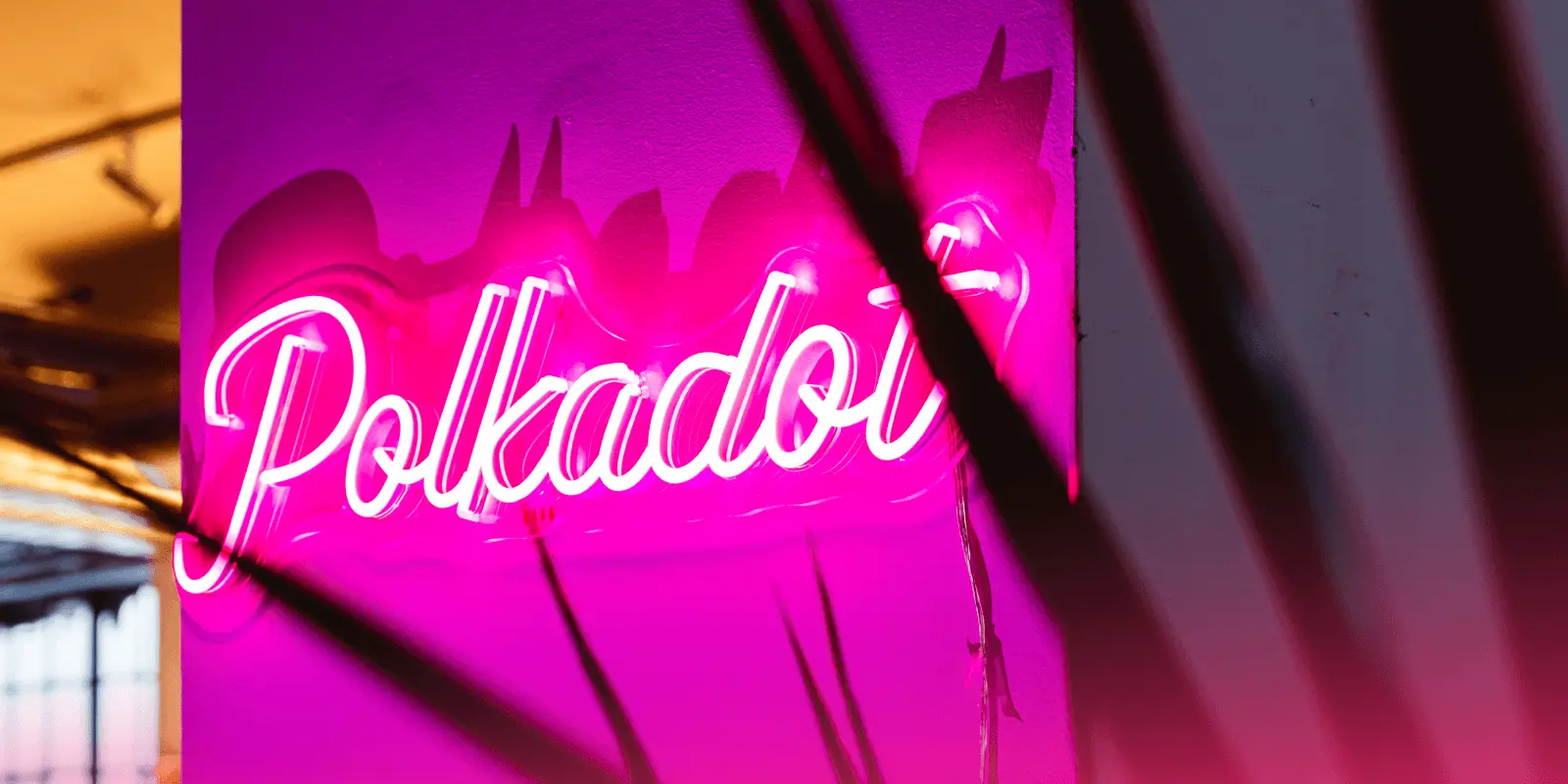
Funded by the Polkadot DAO treasury, The Blockspace showcases what’s possible when contributors use Polkadot's infrastructure, governance, and funding systems to bring new ideas and activations to life. It demonstrated the kind of permissionless creativity the protocol was designed to enable.
The shift in incentives meant the teams behind The Blockspace weren’t chasing vanity metrics, rather they focused entirely on nurturing crypto experimentation and reflection, making interaction and engagement much more authentic. What unfolded in that Brooklyn warehouse wasn't orchestrated from the top-down. Instead, it emerged organically, shaped by those who showed up. And that’s exactly the point.
If this sparked something in you, explore the Polkadot DAO and join a global community shaping the future of open, onchain collaboration.


